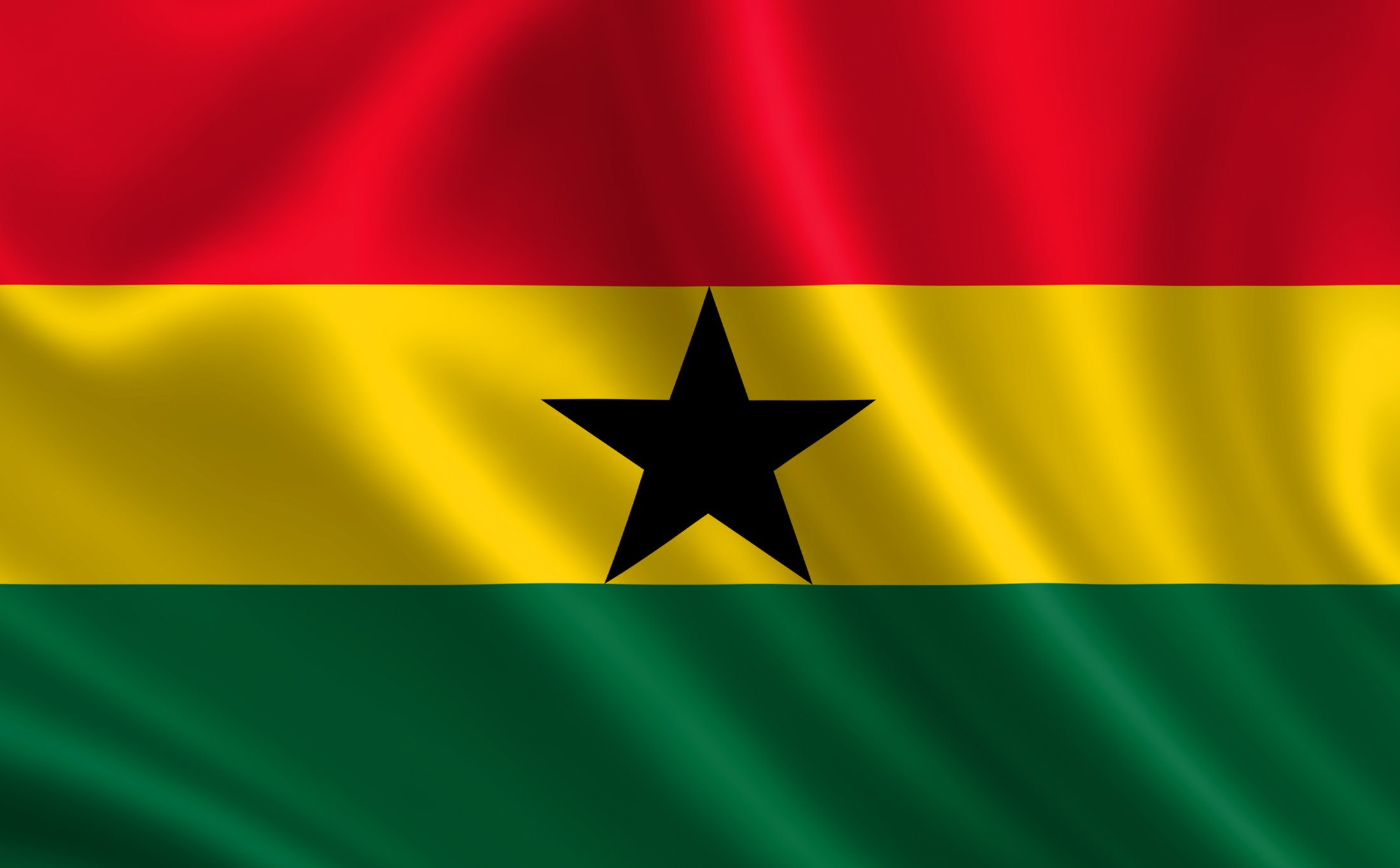
Ghana SWOT Analysis
Strengths
Rich Mineral Resources: Ghana is endowed with abundant mineral wealth, including gold, bauxite, and manganese, which are significant contributors to the economy.
Growing Oil and Gas Industry: The country has seen substantial growth in its oil and gas sector, contributing to energy supplies and export revenues.
Diverse Agricultural Sector: A wide range of agricultural products such as cocoa, cashew, and coffee supports the economy and export.
Established Legal and Regulatory Frameworks: Well-defined laws and regulations facilitate business operations and investment.
Weaknesses
Dependency on a Few Commodities: Heavy reliance on a limited number of commodities for export revenues makes the economy vulnerable to price fluctuations.
Challenges in Infrastructure and Logistics: Inadequate infrastructure and logistical issues hinder economic development and access to markets.
Energy Supply Inconsistency: Fluctuations in energy supply impact industrial productivity and growth.
Environmental Degradation and Sustainability Concerns: Issues such as deforestation and pollution pose risks to sustainability and livelihoods.
Opportunities
Rising Global Demand: The international market's increasing need for minerals and agricultural products presents significant opportunities for Ghana.
Potential for New Oil and Gas Discoveries: Exploration could reveal further resources, bolstering the sector.
Government and International Investments: Investments in infrastructure, including roads, ports, and energy, can drive economic growth.
Technological Advancements and Sustainable Practices: Innovation and sustainable methods offer ways to enhance productivity and environmental protection.
Threats
Volatility of International Commodity Prices: Dependence on commodities subjects the economy to global price changes.
Climate Change Impacts: Changes in climate affect agriculture, threatening food security and income from cash crops.
Competition from Other Countries: Global competition in minerals and agricultural products challenges Ghana's market position.
Political Instability and Regulatory Changes: Potential instability and unpredictable regulatory changes can deter investment and economic growth.
Ghana's economy is one of the most vibrant in West Africa, with minerals, oil & gas, and agriculture forming the backbone of its economic activities. These sectors not only contribute significantly to the country's GDP but also play a crucial role in employment and foreign exchange earnings. This report provides a SWOT analysis of Ghana, focusing on these critical sectors, to identify strategies for growth and development.
Ghana is endowed with a plethora of mineral resources, making it Africa's largest gold producer and the world’s second-largest producer of cocoa. The country's mineral wealth includes gold, bauxite, diamonds, and manganese, which are significant export commodities. The oil and gas sector has also seen substantial growth, especially after the discovery of the Jubilee field in 2007, contributing to increased government revenues and foreign investments. Agriculture remains a vital sector, with a diverse range of products like cocoa, cashew, coffee, and rubber. The established legal and regulatory frameworks in these sectors provide a relatively stable environment for investment and growth.
Despite these strengths, Ghana faces several challenges. The economy's heavy reliance on a few commodities for export revenue makes it vulnerable to global price fluctuations. Infrastructure and logistics within the country, particularly in rural areas, remain underdeveloped, impacting the efficient transport of goods. The energy sector suffers from inconsistency in supply, affecting industrial and agricultural productivity. Furthermore, environmental concerns, such as deforestation and pollution from mining activities, pose sustainability challenges.
Global demand for minerals and agricultural products presents significant opportunities for Ghana. The ongoing exploration in the oil and gas sector hints at the potential for new discoveries, which could further boost the economy. There is also a growing trend of government and international investments in infrastructure development, aiming to enhance connectivity and logistics. Advances in technology and the adoption of sustainable farming and mining practices offer pathways to improve efficiency and environmental sustainability.
However, Ghana must navigate several threats. The volatility of international commodity prices can lead to unpredictable export revenues, affecting economic stability. Climate change poses a severe risk to agricultural productivity, with changing rainfall patterns and extreme weather events impacting crop yields. The country also faces stiff competition from other mineral and agricultural producers on the global stage. Political instability and potential regulatory changes could deter investment and development in these sectors.
Ghana's minerals, oil & gas, and agriculture sectors are pivotal to its economic prosperity. By leveraging its abundant natural resources, improving infrastructure, and adopting sustainable practices, Ghana can enhance its competitive edge. However, it is crucial to address the vulnerabilities related to environmental sustainability, energy supply, and global market fluctuations. Strategic investments in technology and infrastructure, coupled with effective governance and policies, can help Ghana mitigate these challenges and seize the opportunities ahead for sustainable growth and development.

Design Your Partnership With Masco
Let’s Talk
